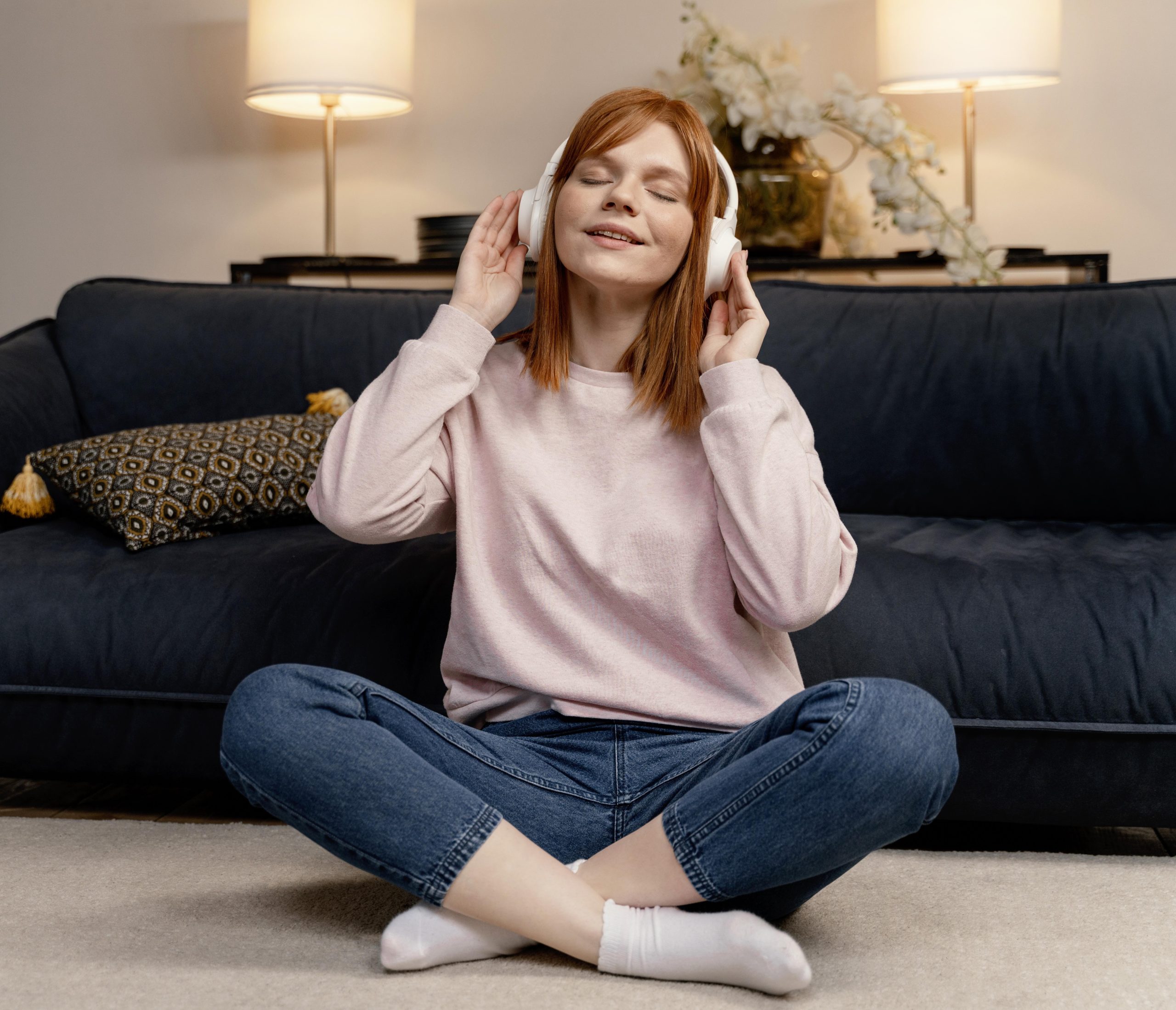
Music has been an integral part of human culture for centuries, offering comfort, joy, and a means of emotional expression. Beyond its entertainment value, music possesses a unique power to positively influence our mental and emotional well-being. Music therapy, an expanding field in healthcare, has demonstrated promising outcomes in enhancing mental health, emotional well-being, and overall quality of life. In this article, we will explore the transformative effects of music therapy and its advantages in promoting mental and emotional wellness.
Understanding Music Therapy:
Music therapy is an evidence-based practice that utilizes music as a therapeutic tool to address emotional, cognitive, social, and physical needs. Trained music therapists work with individuals of all ages and backgrounds, personalizing interventions to cater to their specific requirements and objectives. The therapeutic process may involve listening to or creating music, singing, engaging in movement, or playing musical instruments.
Easing Stress and Anxiety:
Listening to calming music or participating in music-making activities can significantly reduce stress and anxiety levels. Music has a unique ability to engage the brain and elicit positive emotional responses, leading to relaxation and a sense of tranquillity. For individuals coping with anxiety disorders, music therapy can serve as a valuable coping mechanism.
Enhancing Mood and Emotional Expression:
Music has the power to evoke a broad range of emotions, and music therapy harnesses this capacity to help individuals explore and express their feelings. Through music, people can communicate emotions that they might find challenging to express verbally. This process can be particularly beneficial for individuals dealing with depression, grief, or emotional trauma.
Improving Cognitive Function:
Engaging in music activities can stimulate cognitive function and enhance memory, attention, and problem-solving skills. For individuals with cognitive impairments or neurological conditions, such as Alzheimer’s disease or dementia, music therapy can be a valuable therapeutic approach to maintain cognitive abilities and improve quality of life.
Building Social Connections:
Participating in group music therapy sessions fosters a sense of community and social connection. Music is a universal language that brings people together, transcending cultural and linguistic barriers. Group music activities can promote teamwork, empathy, and a sense of belonging, which are crucial for mental and emotional well-being.
Supporting Physical Rehabilitation:
Incorporating music into physical rehabilitation can enhance motivation and engagement during therapy sessions. The rhythmic qualities of music can assist in coordinating movements, improving motor skills, and promoting overall physical recovery.
Conclusion:
The power of music therapy in enhancing mental and emotional health is undeniable. Music’s ability to evoke emotions, reduce stress, and foster social connections makes it a valuable tool in addressing various mental health challenges. Whether through listening to music, creating it, or engaging in group music activities, music therapy provides a safe and effective means of improving well-being and enriching lives. As the field of music therapy continues to grow, its potential to positively impact mental and emotional health becomes increasingly apparent, offering hope and healing to individuals seeking support and transformation.
For more such articles, visit https://curelohealth.com/
Ref
https://www.harmonyandhealing.org/how-music-helps-people-heal/
Stay updated with your health, and book a lab test with Curelo today.
Download our app here:
Android app – http://bit.ly/3XRsXzt
IOS app – https://apple.c
Get a 75%* Discount on all lab tests from any lab in your city
Use Code: CURELO

